

As Middle Eastern nations accelerate their transition to a sustainable future – with ambitious targets such as the UAE’s Net Zero by 2050 and Dubai’s Demand Side Management (DSM) strategy aiming to cut electricity and water use by 30 per cent by 2030 – the built environment is emerging as a critical driver of decarbonisation.
Developers and infrastructure leaders are being called to balance environmental compliance, operational efficiency, and economic performance – all under increasing pressure from environmental, social, and governance (ESG) expectations.
One of the most effective tools for addressing these challenges is the Energy Service Company (ESCO) model. ESCOs enable building owners and facility operators to implement energy-efficient upgrades – including smart heating, ventilation and air-conditioning (HVAC) systems, automated controls, and lighting retrofits – without requiring upfront capital investment. Instead, improvements are funded through energy performance contracts, where cost savings generated from reduced energy use pay for the upgrades over time.
This self-financing approach is particularly relevant for both new construction and retrofitting projects across the GCC. With growing regulatory requirements and sustainability goals, ESCO-led initiatives are no longer a “nice to have” but a strategic necessity. Whether applied to commercial buildings, industrial parks, or mixed-use developments, energy optimisation delivers immediate cost benefits while aligning with long-term climate objectives.
 |
|
Hamad |
Beyond financial efficiency, ESCO models also contribute to building resilience, improved asset value, and compliance with green building standards and certifications. They offer a clear framework for measuring and verifying performance, which is crucial for stakeholders seeking transparency and accountability in their sustainability journey.
As the demand for sustainable infrastructure increases, ESCOs are playing a central role in helping governments and businesses meet national and corporate climate targets. These models provide a scalable, measurable, and results-driven approach to decarbonising the built environment – making them indispensable in the regional push toward carbon neutrality.
In a rapidly evolving energy landscape, ESCOs represent more than just cost-saving mechanisms. They are strategic levers for transformation, helping cities and sectors align with global best practices while preserving local economic competitiveness. With the right policy support and broader market adoption, ESCO-driven projects could be a cornerstone in achieving the region’s net-zero ambitions.
While the ESCO model has achieved strong adoption in the regional government sector, the private sector’s adaptation has been gradual.
The path to sustainability is not just about adopting new technologies – it’s about rethinking how buildings are financed, managed, and optimised over their lifecycle. ESCOs offer a proven model for doing exactly that – making smarter energy choices the new norm across the Middle East’s construction and infrastructure.
* Johnson Controls, a global leader in smart, healthy and sustainable building wth a global team of 100,000 experts in more than 150 countries, offers a comprehensive portfolio of building technology and software as well as service solutions from some of the most trusted names in the industry.



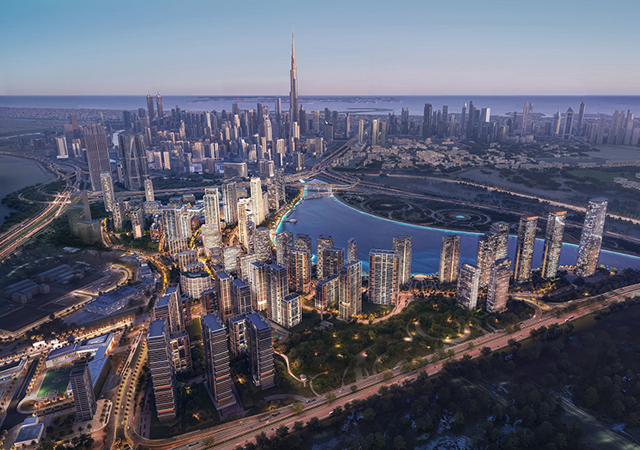
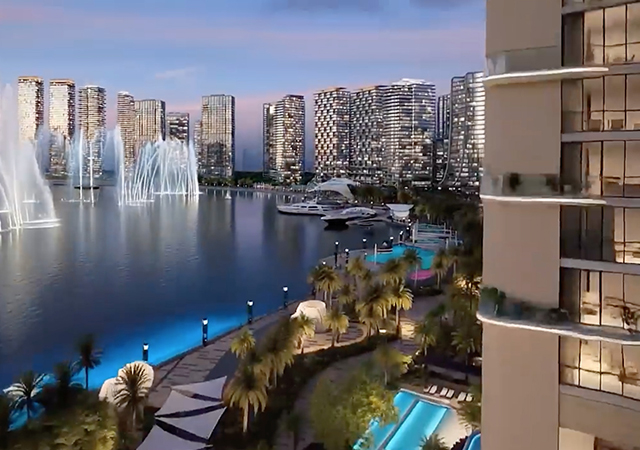
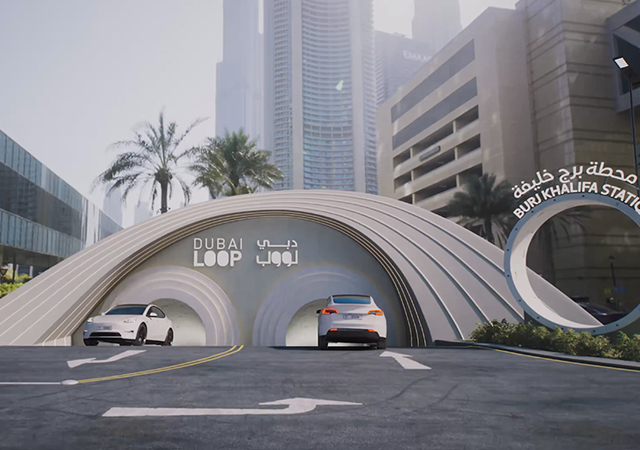
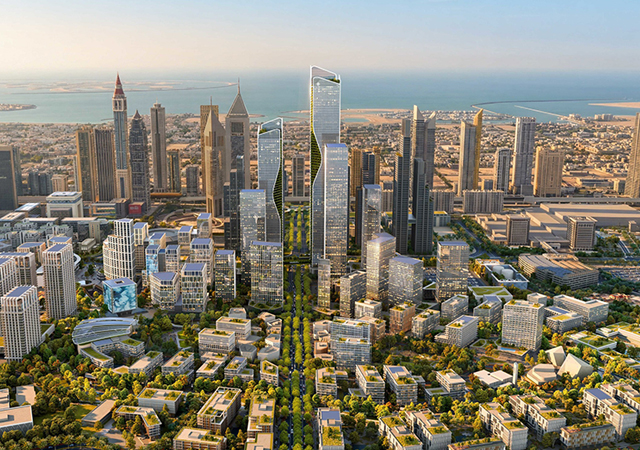

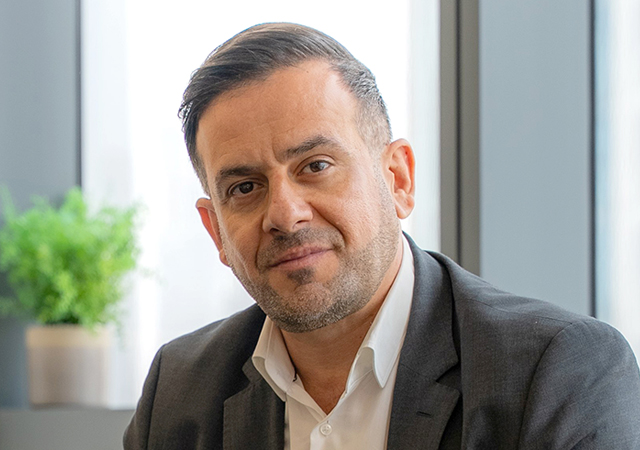
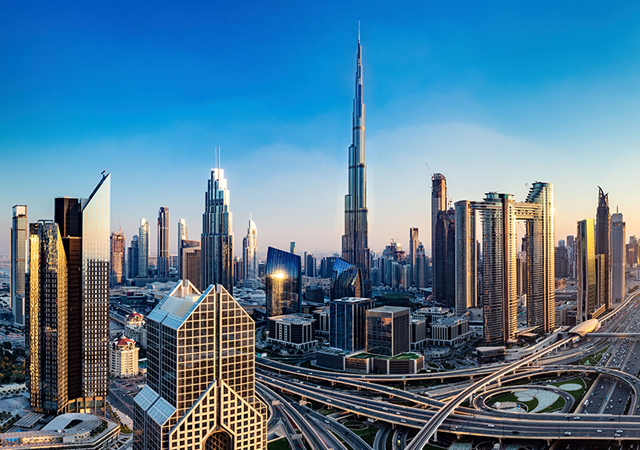
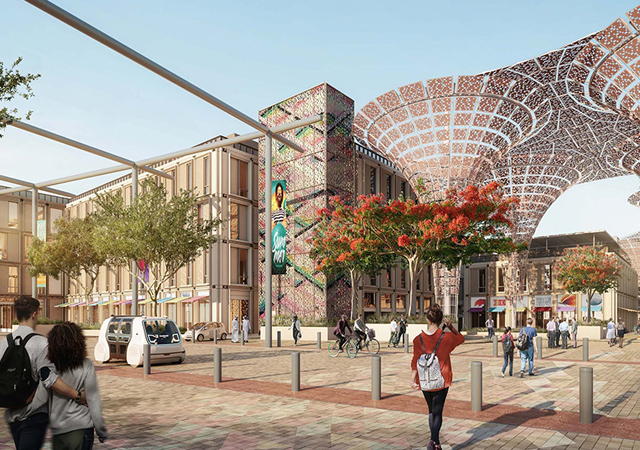
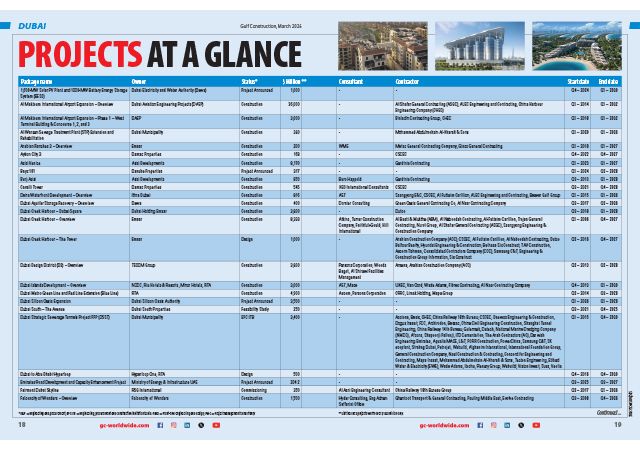
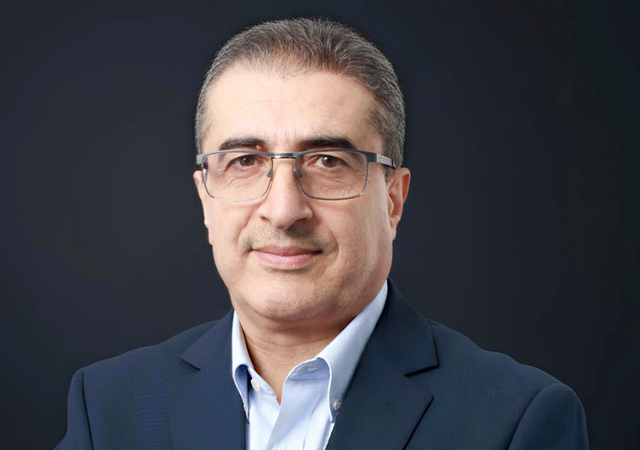


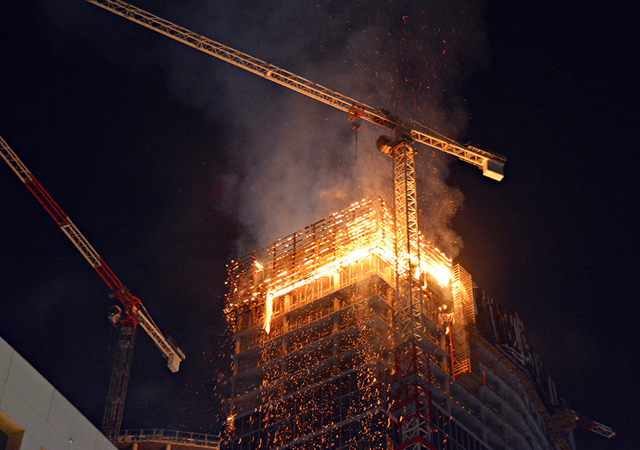

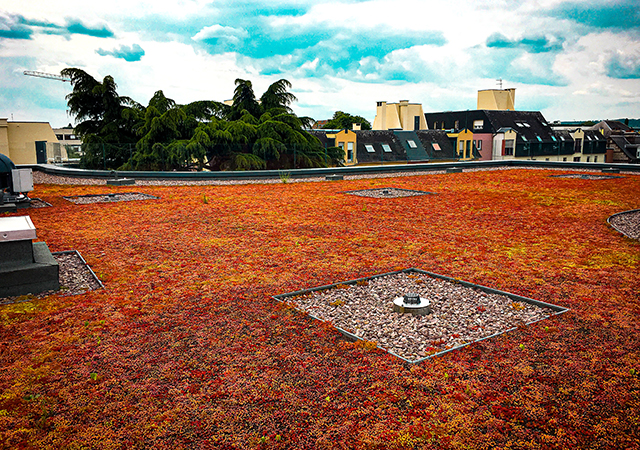
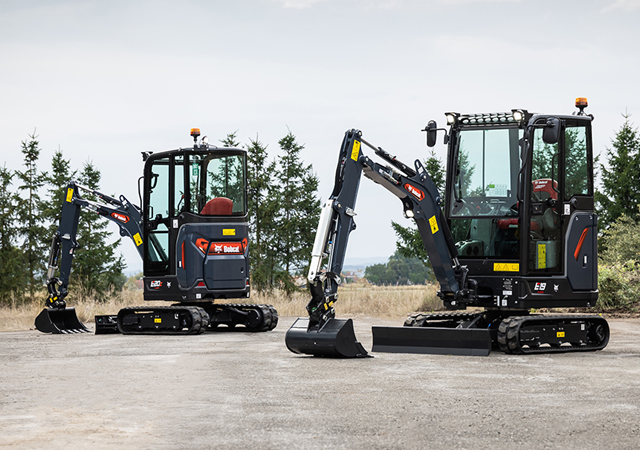


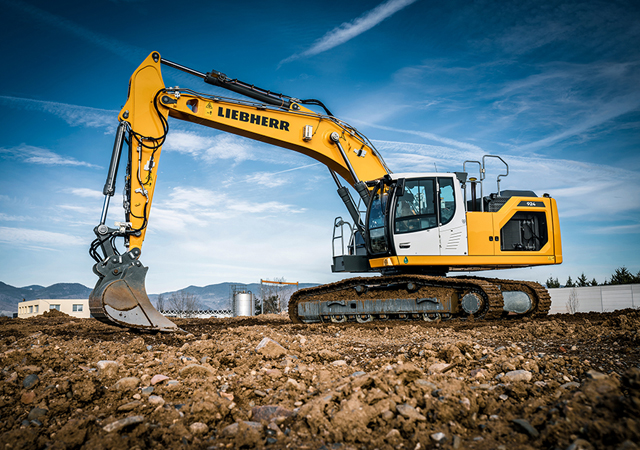
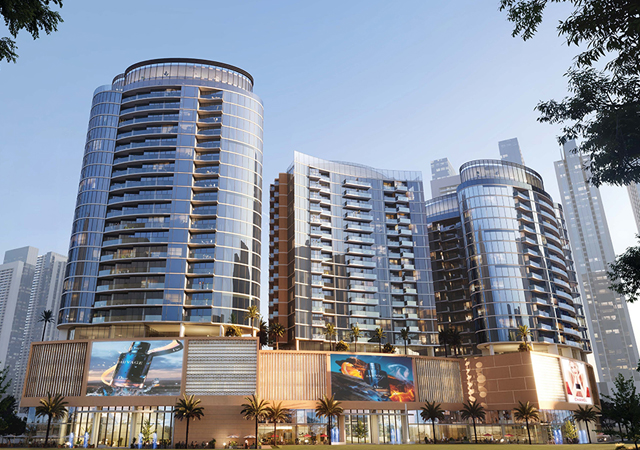
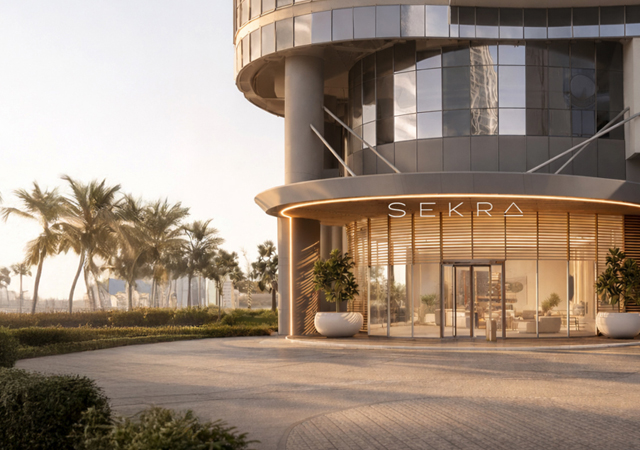
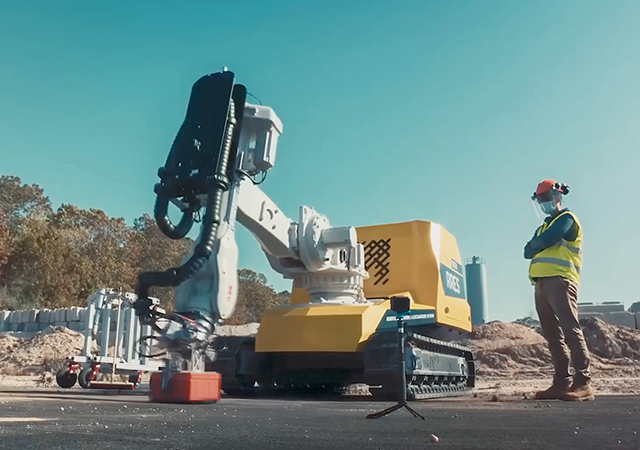
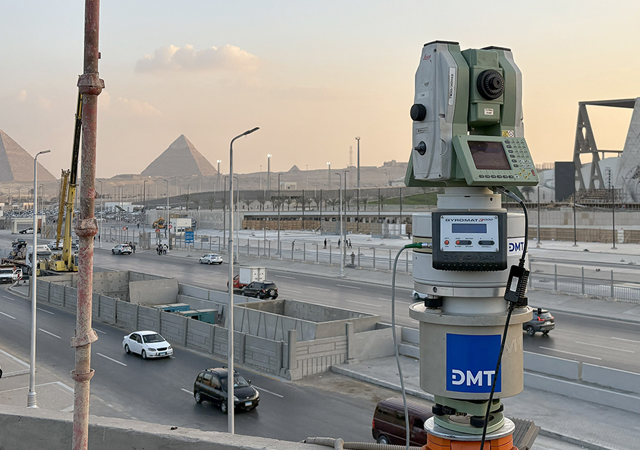
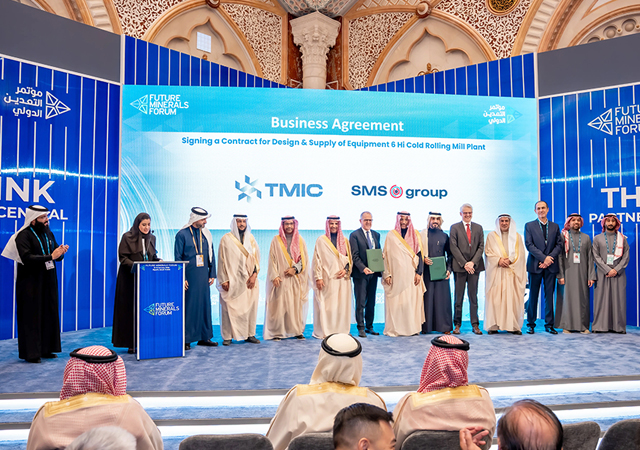


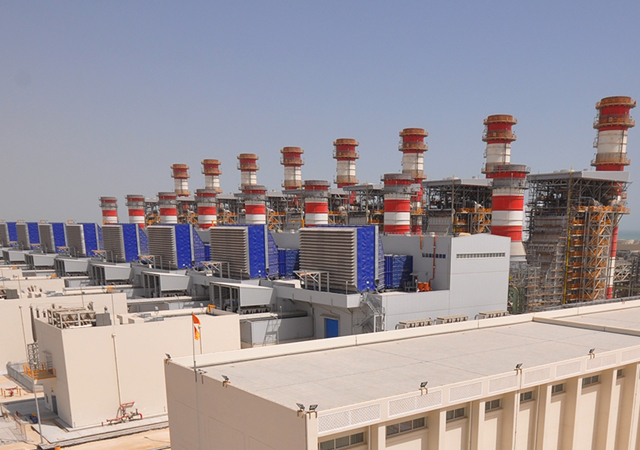
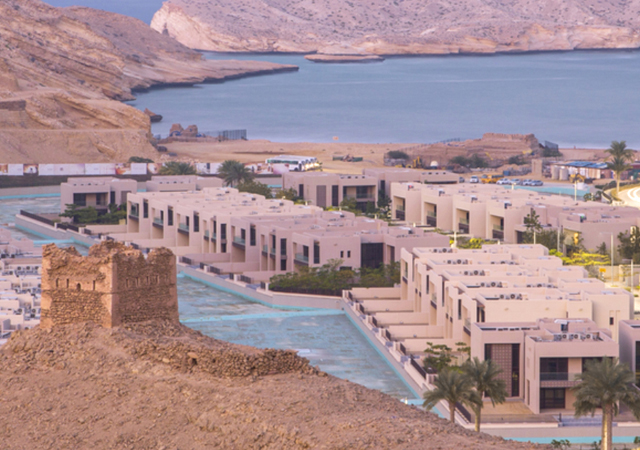
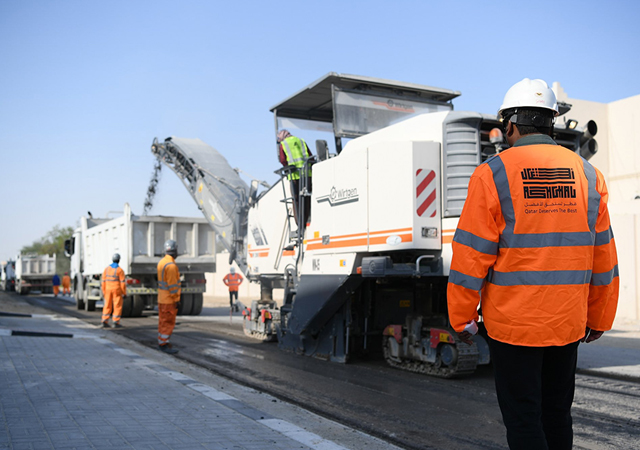
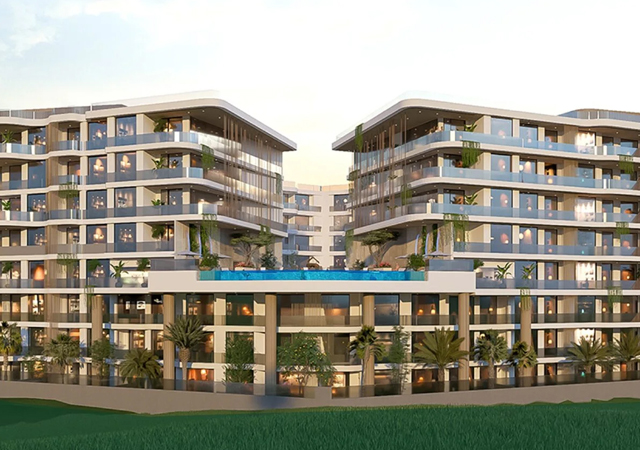
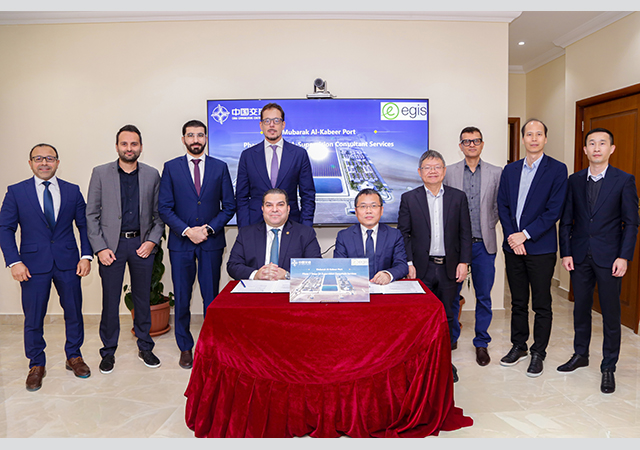
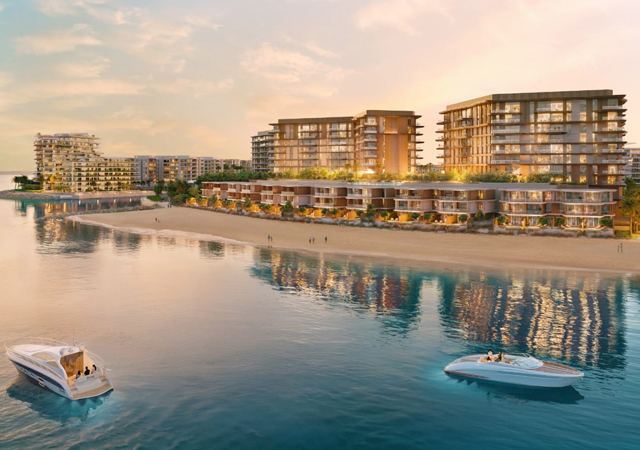
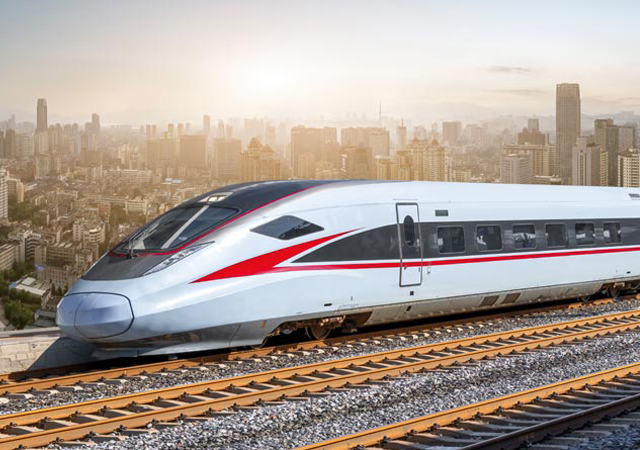
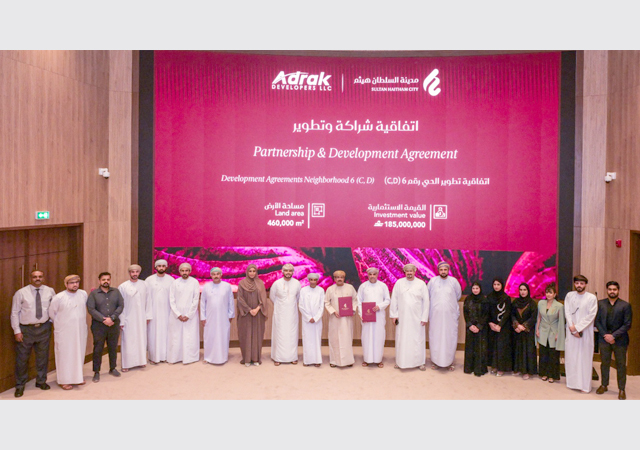
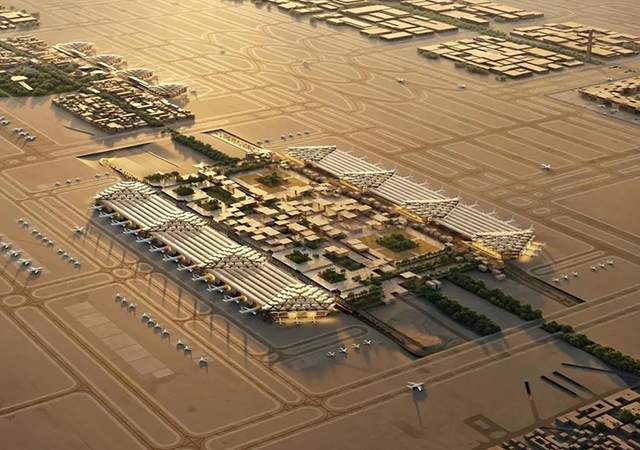

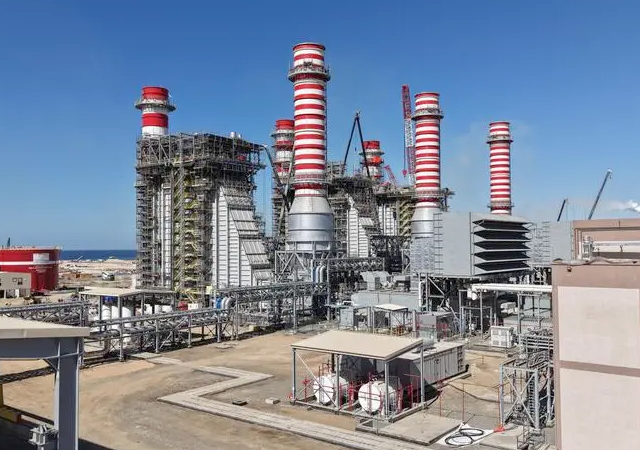
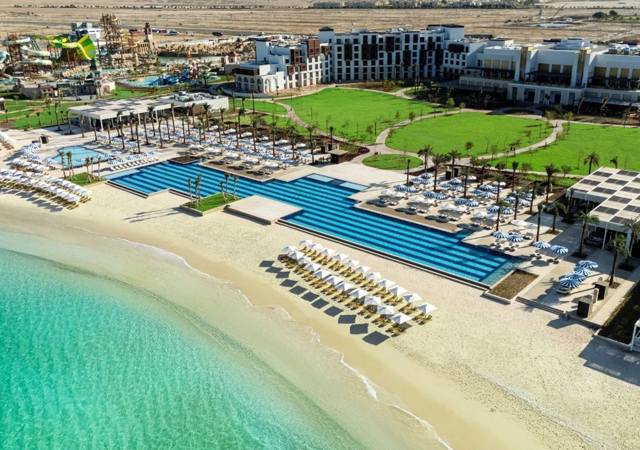
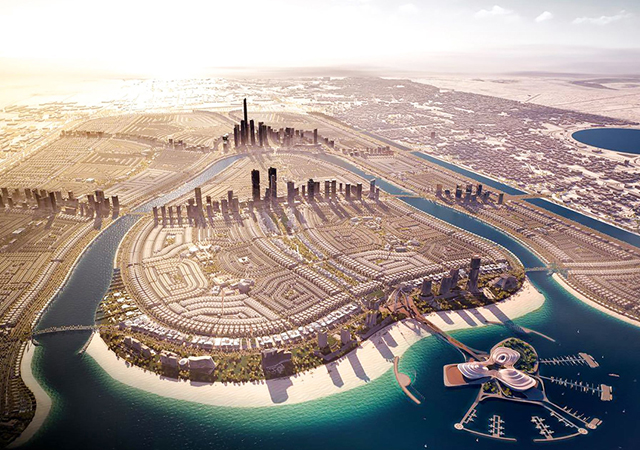
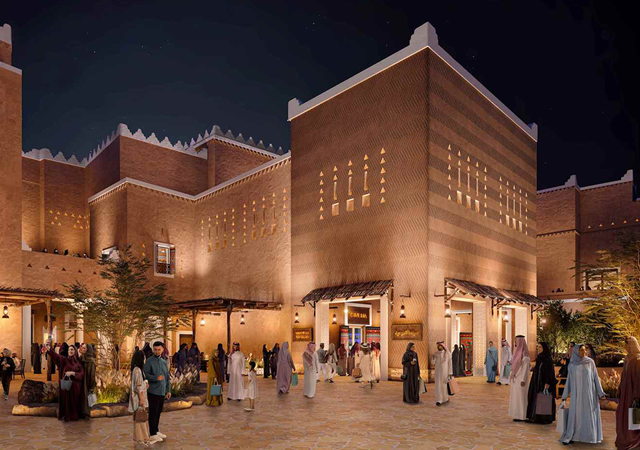
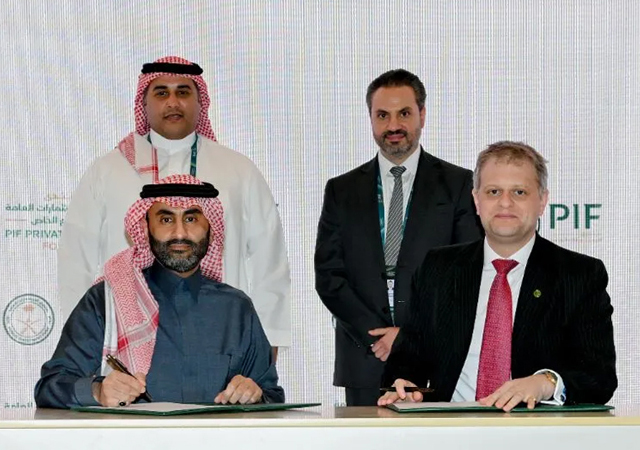
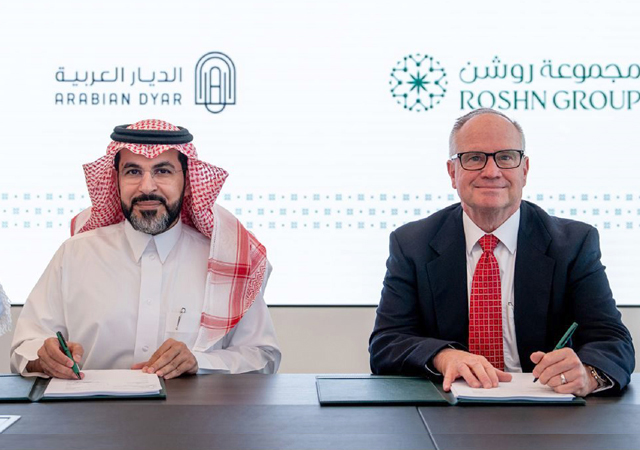
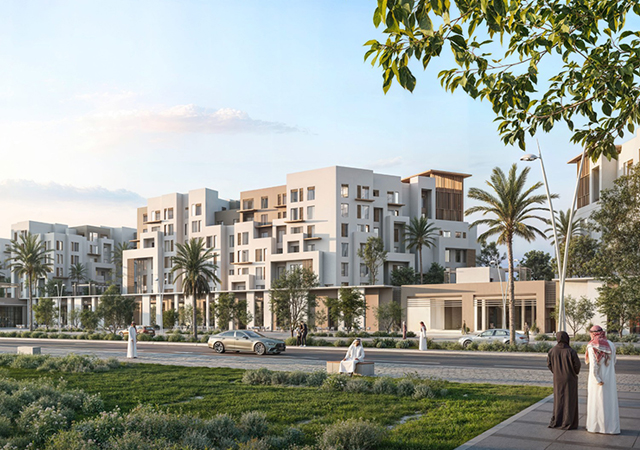
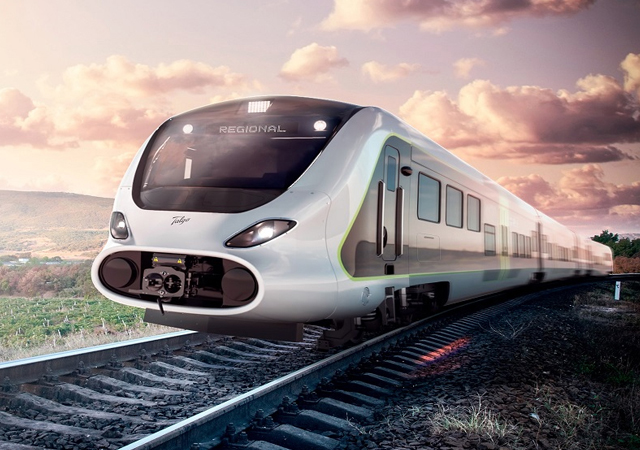

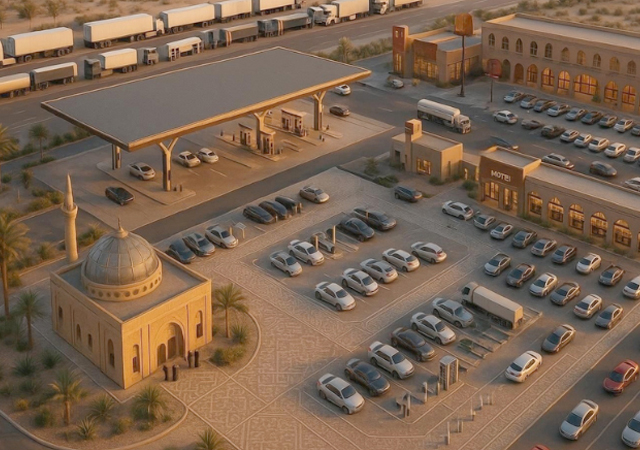
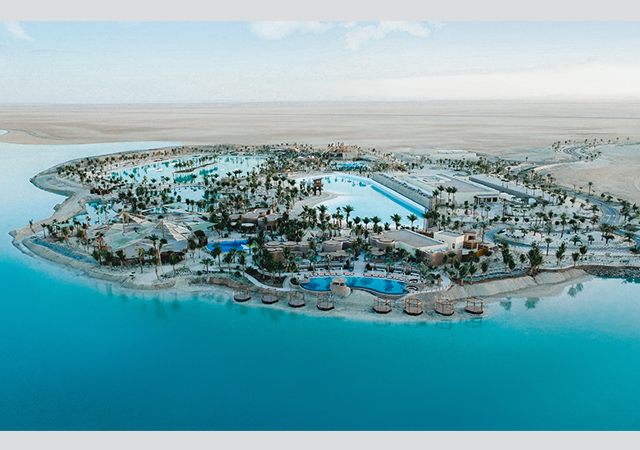
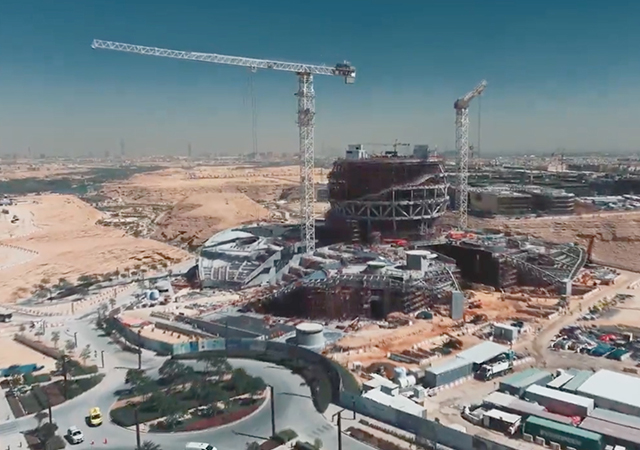
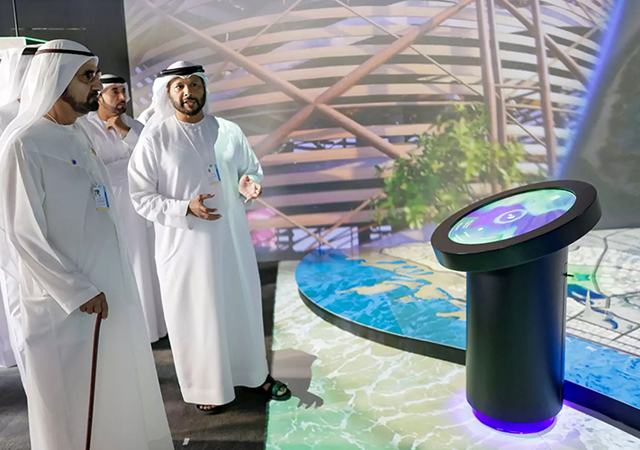
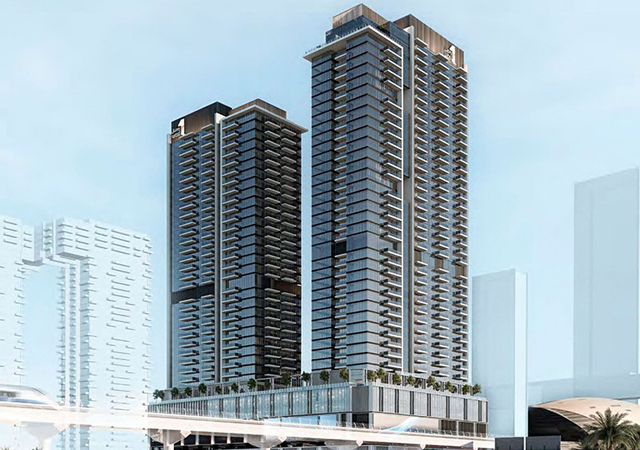
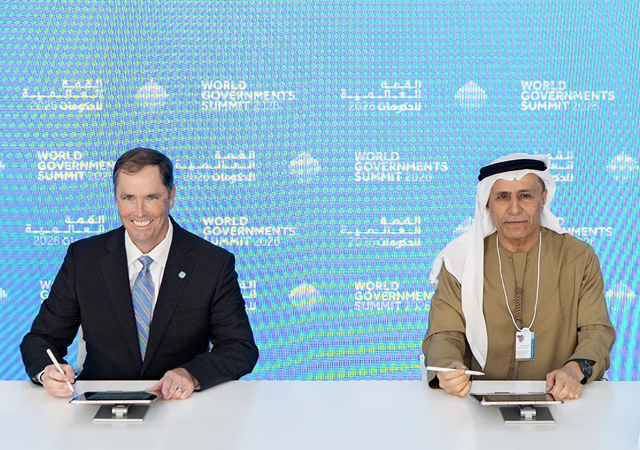

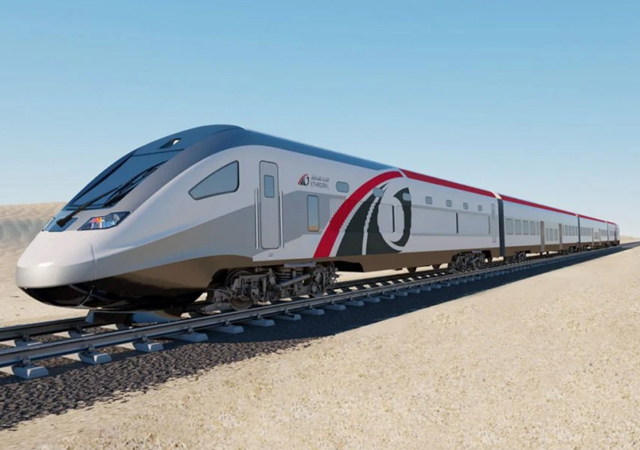
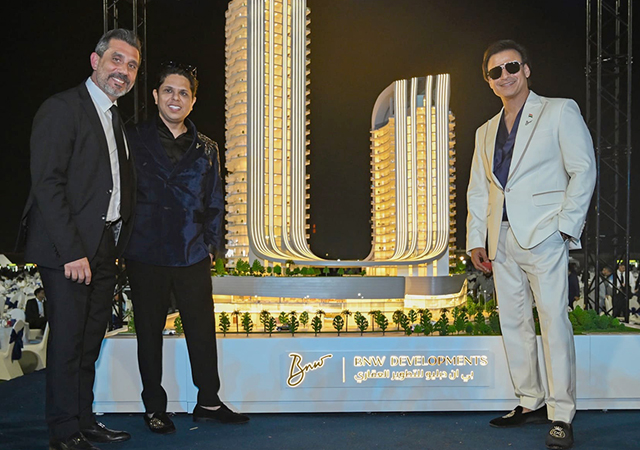
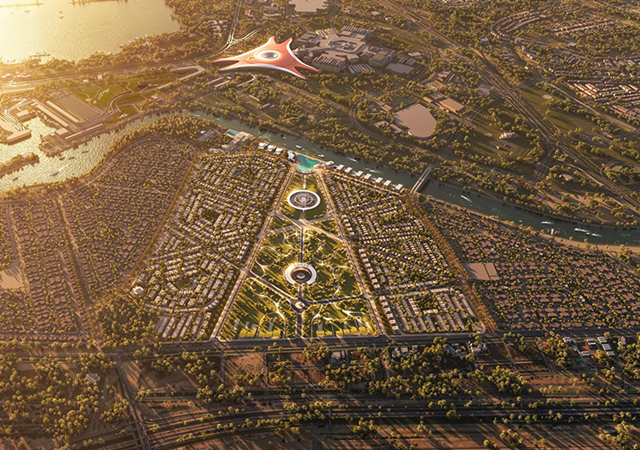

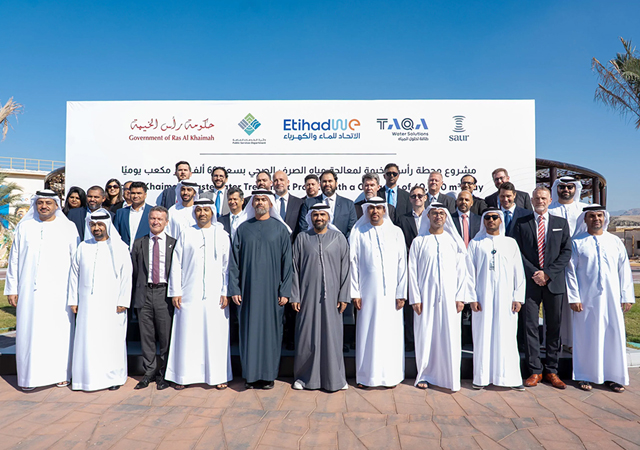
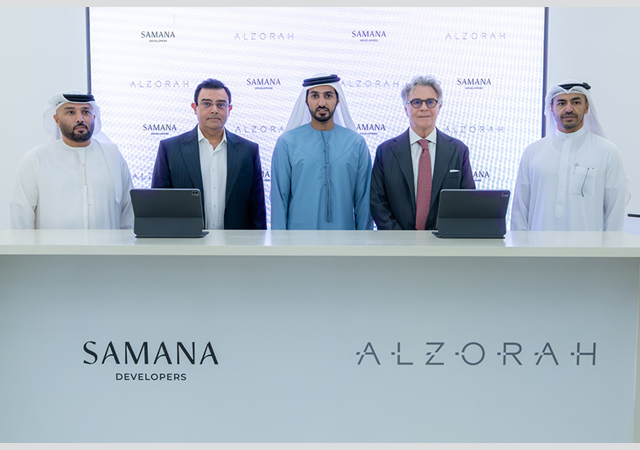
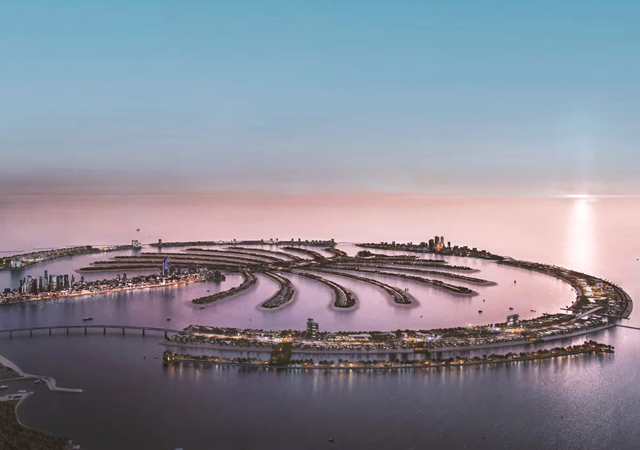

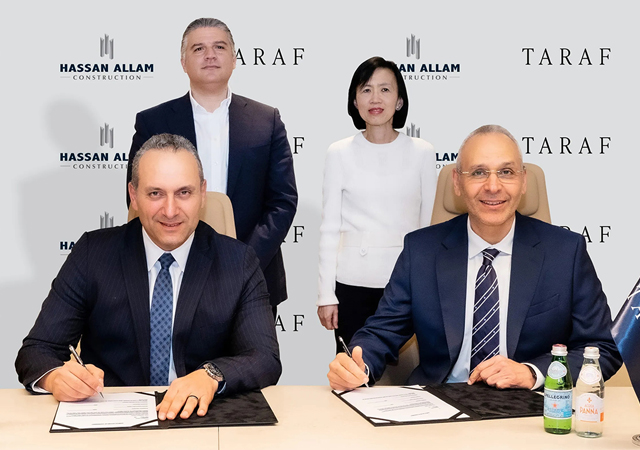
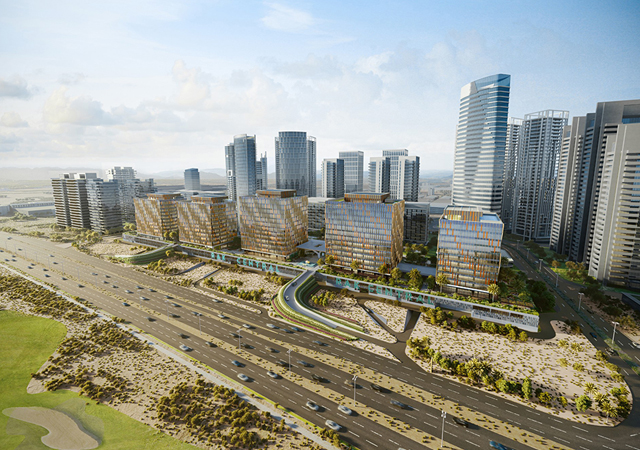
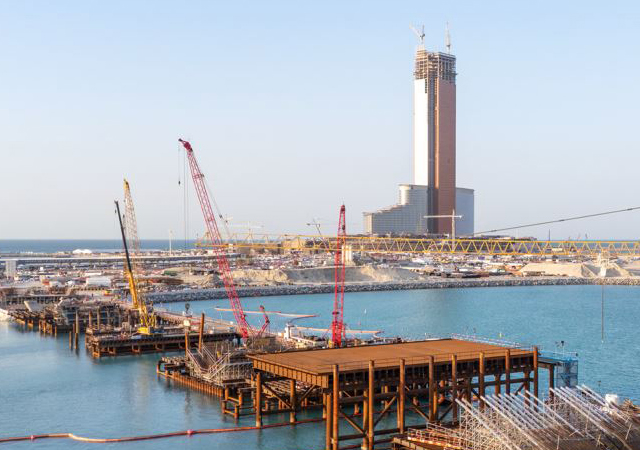
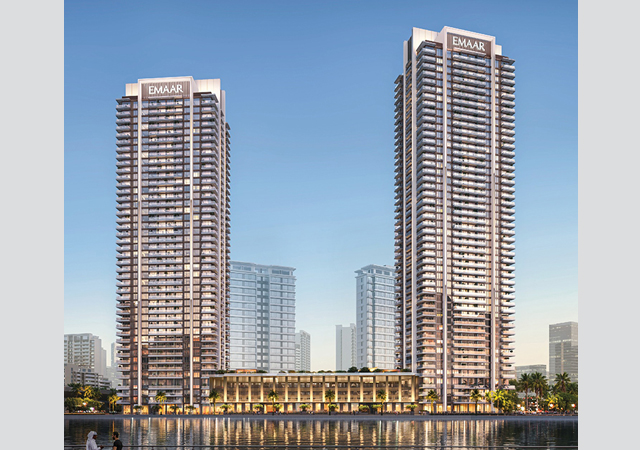

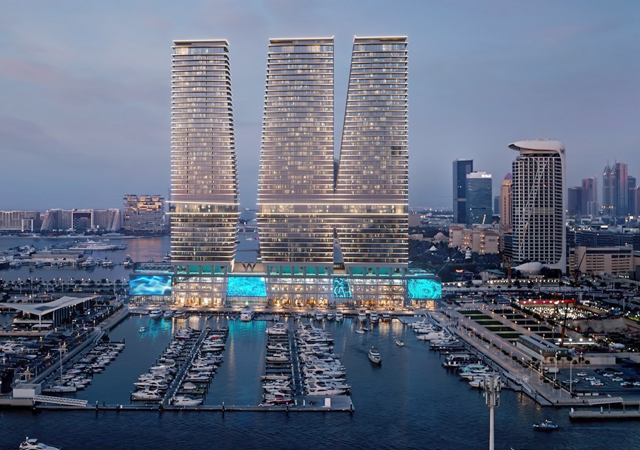
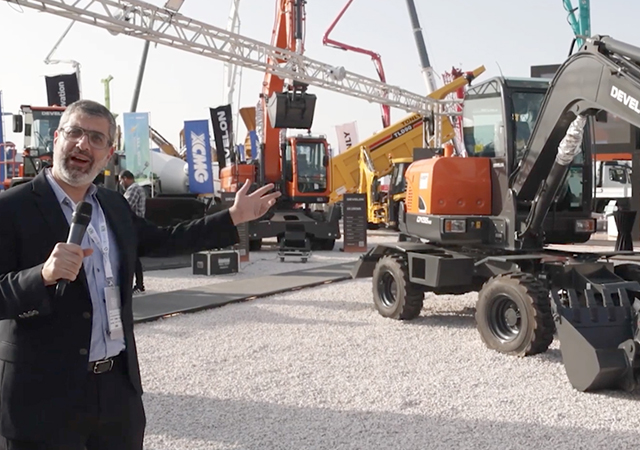




.jpg)